Coptic Orthodox
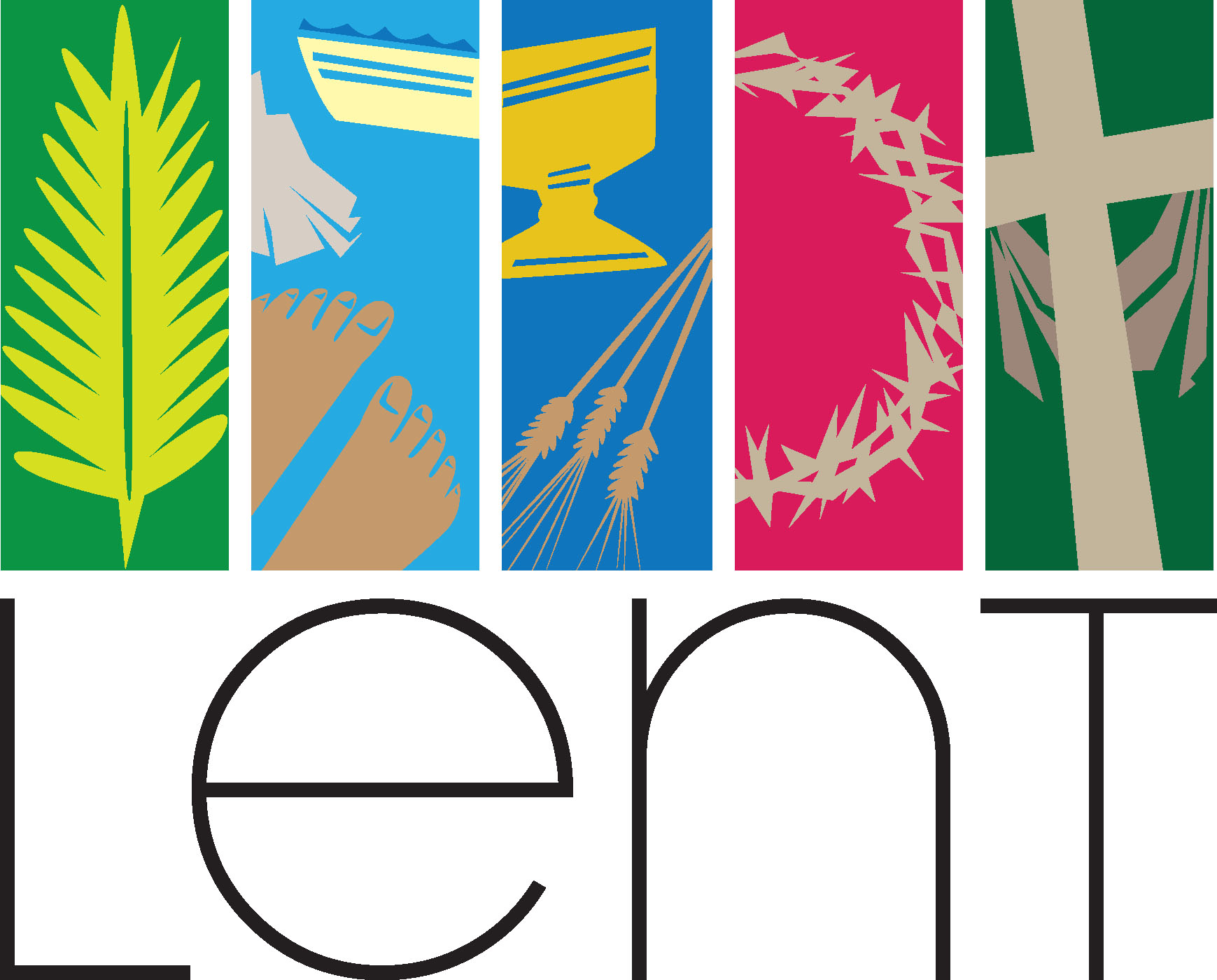
"However, this kind does not come out except by prayer and fasting" (Matthew 17:21).
Great Lent is understood to be the holiest fast as our Lord Jesus Christ Himself fasted it for us. Therefore, during Great Lent we must strive to follow the example set by our Lord Jesus Christ, who had fasted on our behalf for forty days and forty nights, which we read in Matthew chapter 4. During Great Lent, the Church in her wisdom teaches us how to receive Him by using the great means of repentance along with prayer and fasting. But many are fooled by what the true meaning of fasting is; fasting does not mean to just abstain from certain foods and drinks. Fasting without prayer is essentially nothing less than a bodily act. Fasting provides us with an opportunity for prayer because when a person fasts, their soul is occupied with internal work with God and so when the body is humbled by hunger, the soul also is humbled. We must train ourselves while fasting to not let a change of food be the only thing different we do in this fast, but rather let the fast be striving for change toward a better spiritual life. We must struggle to remove defects and weaknesses that we may feel exist not only within ourselves, but with our relationship with God, and our brothers and sisters through Christ. However, as we fast we must not try to make our fast visible to anyone except our Father in Heaven who sees everything in secret. And as we journey through this most sacred time of the year we must examine ourselves, our salvation, our repentance, and our spiritual life. Sit down not only with yourself but your spiritual father, seek the guidance that us all sinners are in desperate need of as we grow daily in the knowledge of God.
+ May God help us all to see the importance of prayer and to lift up our hearts and thoughts to Him alone and may He grant us to have a blessed and holy fast as we seek for repentance +
“I will praise you, O Lord, for your mercies are forever. From generation to generation, my mouth shall declare Your truth.”
- First Doxology of the Sunday Readings during the Great and Holy Lent
 O Lord, on the New Year's eve, I do not want to make many promises, as through my previous experience, I know that I shall not fulfil any, or start but not perfect!
O Lord, on the New Year's eve, I do not want to make many promises, as through my previous experience, I know that I shall not fulfil any, or start but not perfect!
I do not want to rely on myself; I know my weakness. I know I have many good intentions, "but to perform what is good I do not find" (Rom. 7:18).
The first thing I want, Lord, is to talk to You openly.
Contemplation on the Sixth Sunday of Lent (Jn. 9:1-41)
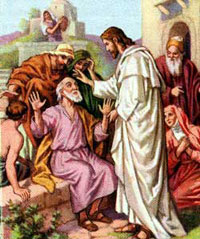 The man born blind is one of the most famous Bible stories we have heard throughout our lives. Our Lord has shown us that He can take what is nothing and create what is real. However, how would this story conclude if we replaced the man born blind with yourself? Let’s imagine that we are the blind ones and learn from these series of
The man born blind is one of the most famous Bible stories we have heard throughout our lives. Our Lord has shown us that He can take what is nothing and create what is real. However, how would this story conclude if we replaced the man born blind with yourself? Let’s imagine that we are the blind ones and learn from these series of
Saint Demiana
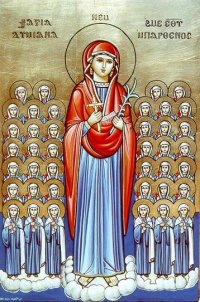 How many of us ever stand up and tell other people what we believe about Jesus Christ? How many of us are really convinced that our faith is so completely a part of what we are that is worth proclaiming happily to those who question us? Being one of Jesus' disciples can not be easy, for as Jesus once said:
How many of us ever stand up and tell other people what we believe about Jesus Christ? How many of us are really convinced that our faith is so completely a part of what we are that is worth proclaiming happily to those who question us? Being one of Jesus' disciples can not be easy, for as Jesus once said:
"Beware of men, for they will deliver you
Week 5 of Holy Lent: At the Pool of Bethesda...
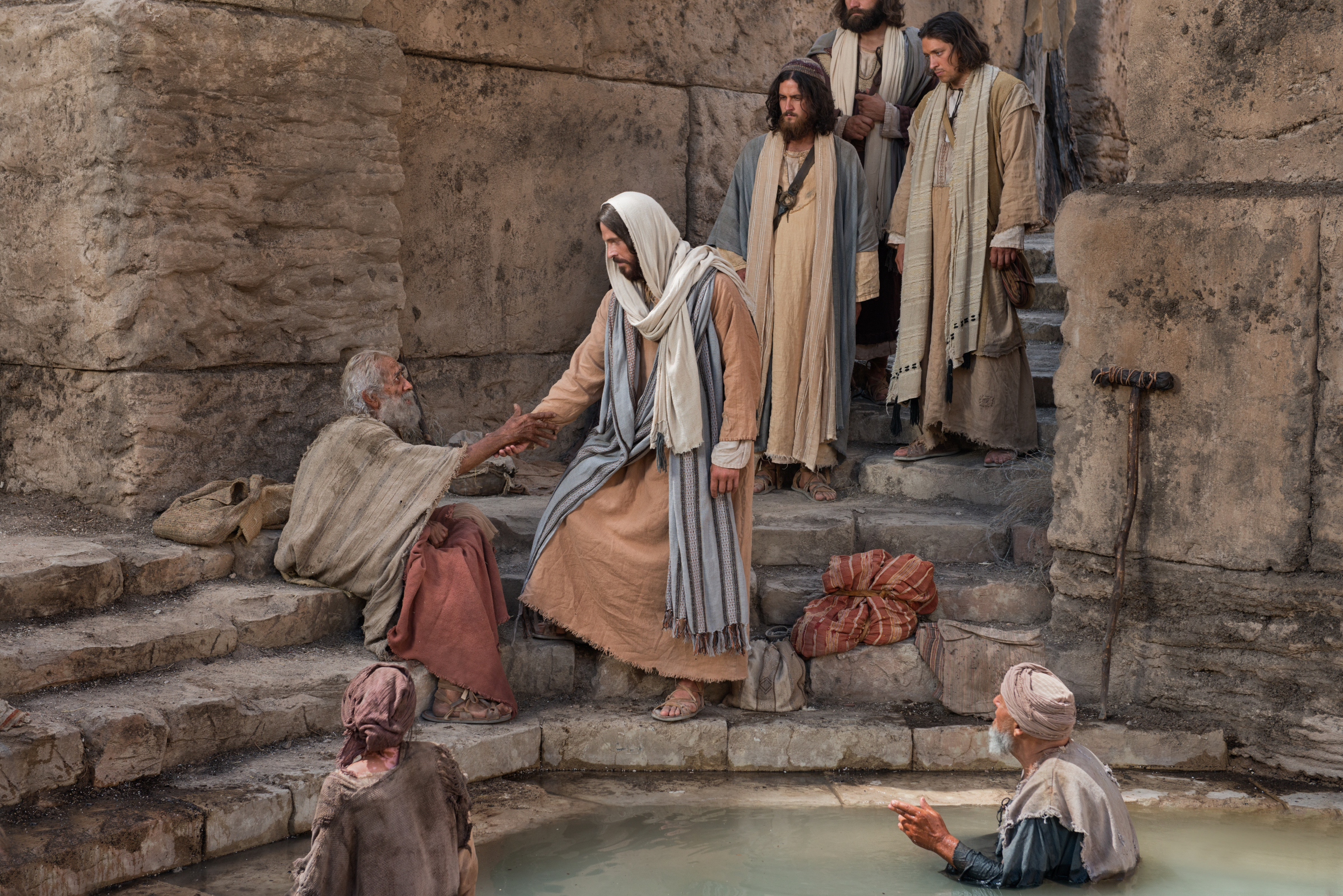
John 5:1-15
After this there was a feast of the Jews, and Jesus went up to Jerusalem. 2 Now there is in Jerusalem by the Sheep Gate a pool, which is called in Hebrew, Bethesda, having five porches. 3 In these lay a great multitude of sick people, blind, lame, paralyzed, waiting for the moving of the water. 4 For an angel went down at a certain time into the pool and stirred up the water; then whoever stepped in first, after the stirring of the water, was made well of whatever disease he had. 5 Now a certain man was there who had an infirmity thirty-eight years. 6 When Jesus saw him lying there, and knew that he already had been in that condition a long time, He said to him, “Do you want to be made well?”



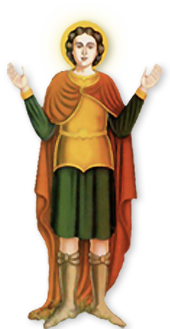





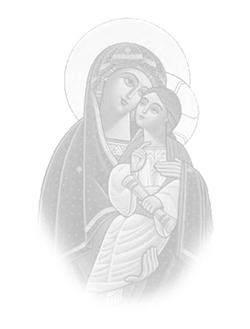



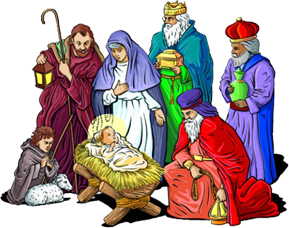

 Subscribe to RSS Feed
Subscribe to RSS Feed